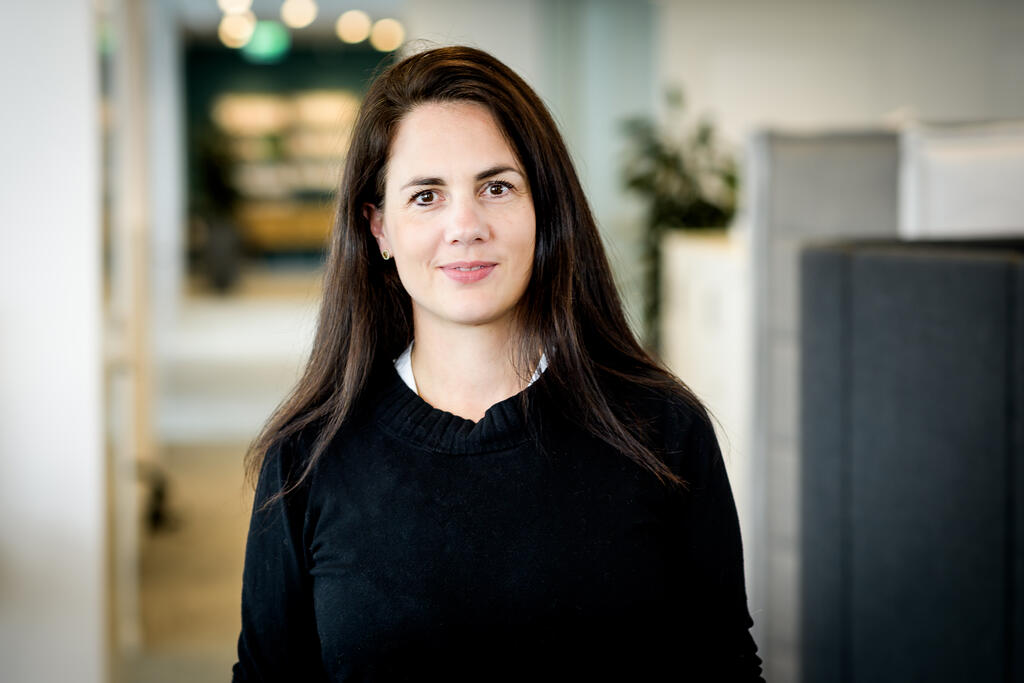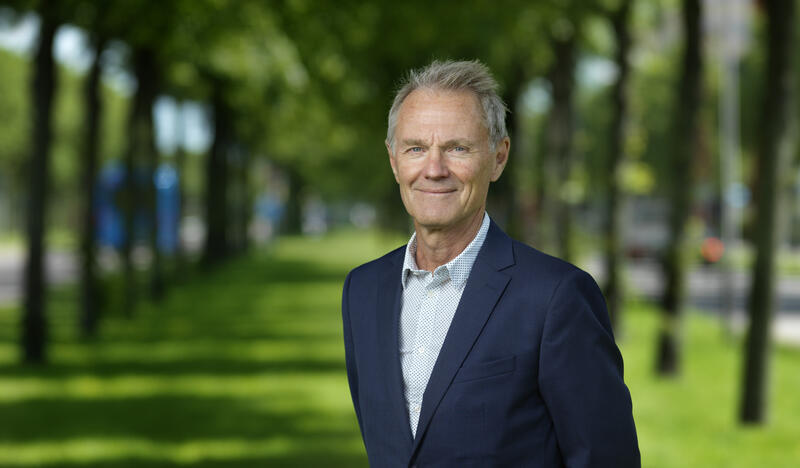Swedish and US researchers collaborate to advance transport justice

Vanessa Stjernborg, assistant professor at Lund University and project manager at JustFuture.
In the pursuit of sustainable mobility and equal access to transportation, researchers are exploring the concept of spatial justice, which seeks to ensure fair distribution and accessibility of resources and services. In Sweden, Vanessa Stjernborg, assistant professor at Lund University and a prominent researcher in mobility, is leading JustFuture, a Future Mobility-funded project and collaborative effort between Sweden and the United States. The project aims at examining the role of on-demand transit in addressing issues of transport equity and equality.
Stjernborg explains that sustainable mobility is intrinsically linked to the concept of spatial justice, which refers to the equitable distribution of resources, services, and access – often considered a basic human right. And transport justice is a vital component of it. “It is important that the transport system is fair, equal and accessible for all, with consideration to different preconditions such as geography, disability, age, and gender,” she says.
The JustFuture project focuses on two distinct on-demand transit solutions: MARTA Reach in Atlanta and Plusresa in the Skåne region of Sweden. It seeks to understand the impact of on-demand transit in different urban and rural contexts, with a keen focus on evaluating its potential for reducing social and spatial inequalities. By examining the experiences and reflections from these two initiatives, the project aims to contribute valuable insights to the field of sustainable mobility and transportation justice.
On-demand transit solutions have received significant interest worldwide for their potential to enhance flexibility and accessibility in public transportation. However, challenges remain, including the need for efficient implementation and consideration of contextual factors. “For example, Plusresa has been criticized for among other things, not taking sufficient account of residents needs and for not engaging in dialogue with those affected", Stjernborg highlights.
Through research methods, including document analysis, stakeholder interviews, and site visits, the JustFuture project aims to address these challenges and lay the groundwork for sustainable innovation in public mobility.
Besides Lund University, the project also involves K2 - The Swedish Knowledge Centre for Public Transport, and Georgia Institute of Technology. Stjernborg explains that the choice to collaborate with the United States in this project was based on the synergies in studies being developed in both countries and the potential for further collaboration: “The three parties have already been engaged in various more sustainable mobility solutions, which can be the foundation of shared learning and innovation. The research group includes expertise in both qualitative and quantitative methods.”
As the project progresses towards its conclusion in 2025, Stjernborg envisions a future in which on-demand transit solutions play a pivotal role in promoting transport justice and reducing social disparities. “We want to increase the knowledge of how to plan and implement these types of solutions for more long-term sustainable planning, taking into account urban and rural contexts, but also the conditions of distinct groups. A knowledge that can contribute to the development of more sustainable mobility,” she completes.
Do you want to collaborate with the United States in the sustainable mobility field?
Contact us for innovation opportunities!


Jan Hellåker

